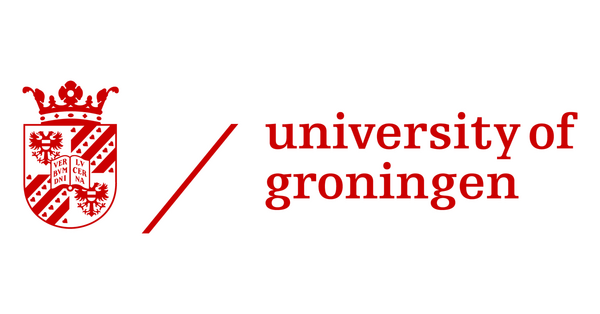About the project
Over the last 20 years, wrongful convictions, such as Lucia de Berk (the Netherlands), Sally Clark (the United Kingdom) and Thomas Quick (Sweden), have raised serious concerns about errors that judges make in the evaluation of evidence. This has fuelled academic and societal debate on how judges and other legal factfinders can learn to reason more rationally about evidence in criminal cases.
Currently, the two main theoretical approaches to rational reasoning about legal evidence are the Bayesian probabilistic approach and the causal-explanatory approach. The Bayesian probabilistic approach is formal and offers a precise standard to evaluate evidence, but is difficult for lawyers to understand and apply correctly. The causal explanatory approach is easier to understand and to apply, but is informal and less precise. This project will investigate how the two approaches can be integrated into a method that is both rigorous and practically feasible.
Preventing Miscarriages of Justice aims to improve judicial evidential decision-making by:
- offering a theoretical analysis of how the two approaches can be integrated;
- developing an integrated training method for judges, with an open access handbook, tutorials and case studies; and
- empirically testing whether this training method helps judges to reason more rationally about evidence.



